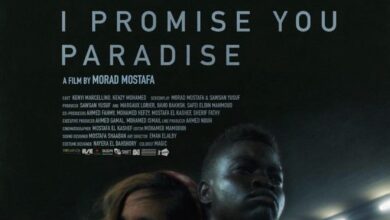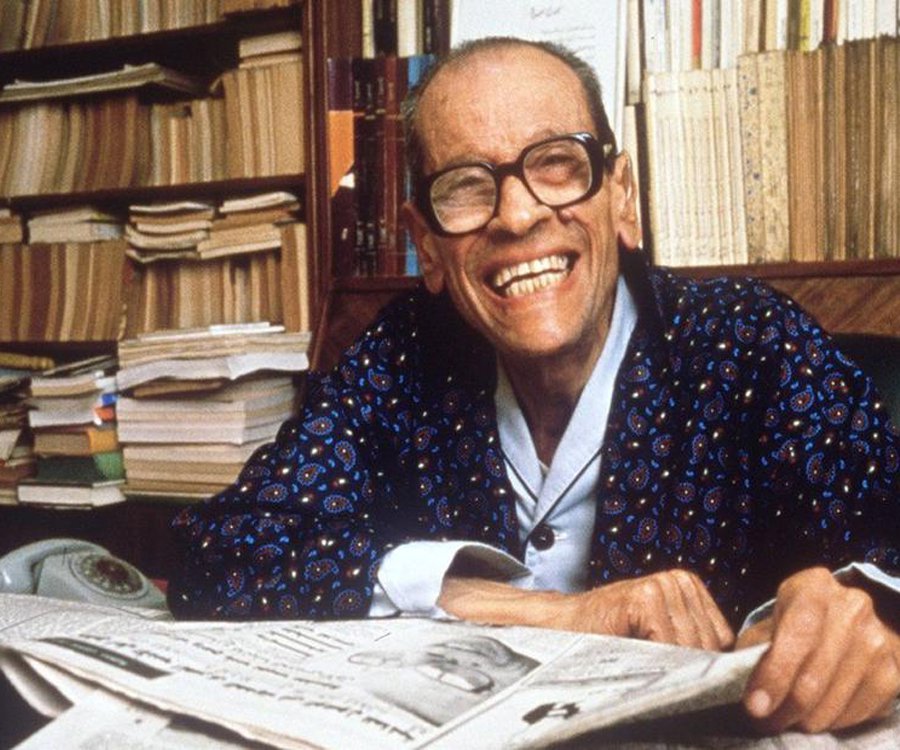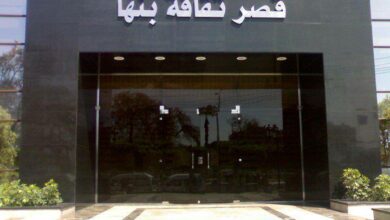There’s an old saying: “If you can’t say something nice, don’t say anything at all.” Had Egyptian actor Talaat Zakaria subscribed to this platitude, he might have gone down in history as a substandard comedian known for sleaze-ball roles in equally substandard comedies. Instead, Zakaria will most likely be remembered as the alpha dog on the List of Dogs, also known as the post-revolution Celebrity Blacklist.
Why? Because while some celebrities, during the height of the nation’s recent unrest, criticized the uprising, Zakaria went further, denouncing the revolutionaries of Tahrir Square as a bunch of drug-addicted homosexuals, who were using the square as a venue for wild orgies. “I’ve heard this from reliable sources!” Zakaria barked at the time.
Not content with insulting the dignity of a national movement, Zakaria went on air to brag about his close personal relationship with former President Hosni Mubarak, before breaking down in tears at the horrible injustice the uprising did against the latter.
Needless to say, these statements caused a backlash, and shortly after Mubarak’s ouster Zakaria went into hiding.
As hiding isn’t an option for most actors interested in making a living, Zakaria was soon forced back into the spotlight, as was his latest film, which, after months of being shelved for “security reasons,” producers were now desperate to profit from.
After three weeks on extremely limited release, “Saeed Harakat: Al-Feel fil Mandeel” (Saeed Action Moves: The Elephant in the Handkerchief) has lived up to speculation that it would become a financial failure.
“Nobody buys tickets for this film,” says Mohamed Adel, an employee of the Renaissance Theatre Company. “To be fair, revenues for most Arabic films are significantly lower than usual this season, but people have been specifically avoiding 'Al-Feel' like the plague.”
When asked why, Adel shrugs: “Nobody wants to see or hear from Talaat Zakaria.”
Audiences seem to concur. On their way to see another Egyptian comedy, Sherif Hassan and his fiancée laugh at the mere suggestion of buying tickets to Zakaria’s most recent cinematic venture. “Obviously we’re never going to see it or anything else he acts in,” says Hassan. “It would feel like some sort of betrayal, like a slap in the face to those who lost their lives for this country.”
“The president’s chef,” says another cinemagoer, referring to the title of Zakaria’s breakout role, “should go cook for the president in Sharm el-Sheikh. His career as an actor is over.”
Prominent film critic Ramy Abdel Razek agrees, although in his opinion Zakaria’s fall from grace can be attributed to the inferior quality of his films. “Audiences today are not the same as they were before the revolution,” he explains. “Change has affected everything, and people aren’t as willing to put up with the junk they had previously endured, even when it comes to films.”
“Films like 'Al-Feel’, ‘Samy Oxide el-Carbon’, ‘Izaeit Hob’ and all the other typically weak Egyptian summer releases are terrible, and don’t deserve theatrical release,” Abdel Razek claims. “Now, with audiences ignoring them altogether, maybe producers will stop forcing them down our throats and sell them to television channels instead, which is where they belong.”
Abdel Razek states that these “terrible” films only make money because of the lack of alternatives for audiences. This explains why, while ticket sales for Egyptian productions are at an all-time low, audiences have still been flocking to see the latest installments in the “Transformers” and “Pirates of the Caribbean” franchises.
In the case of “Al-Feel,” Abdel Razek points to the added impediment of the producers not knowing how to handle the film. “They kept delaying the release, and when it finally came out, it was such a muted, low-key release, that even I didn’t know about it, and it’s my job to go to the cinema every day.”
Regardless of the controversy surrounding it, Abdel Razek believes “there is no reason a film like ‘Al-Feel’ should make any money.”
Justifiably or not, the film’s producers are forced to disagree. Industry insiders, including, reportedly, members of “Al-Feel’s” frustrated cast and crew, claim that producer Mohamed al-Sobky has repeatedly urged his star to issue a public apology, but Zakaria has staunchly refused. As an alternative, Sobky attempted to issue an indirect apology on behalf of his stubborn star, posting excuses on his production company’s Facebook page, such as “the film was shot and edited before the revolution began” and “an entire team should not be punished or held accountable for the independent actions of an individual.”
But audiences have been less understanding than he may have hoped, and numerous online groups and webpages are now devoted to perpetuating the boycott against Zakaria. Talking to Al-Shorouk newspaper two days ago, Zakaria announced that if the boycott against him continues he will “retire from acting, and work as a taxi driver instead.”
Upon hearing Zakaria's words, cab driver Khaled Hassan let out a slew of expletives.
“I’d let that jackass drive my cab just so that he can be slapped around by everyone he picks up," he said.




